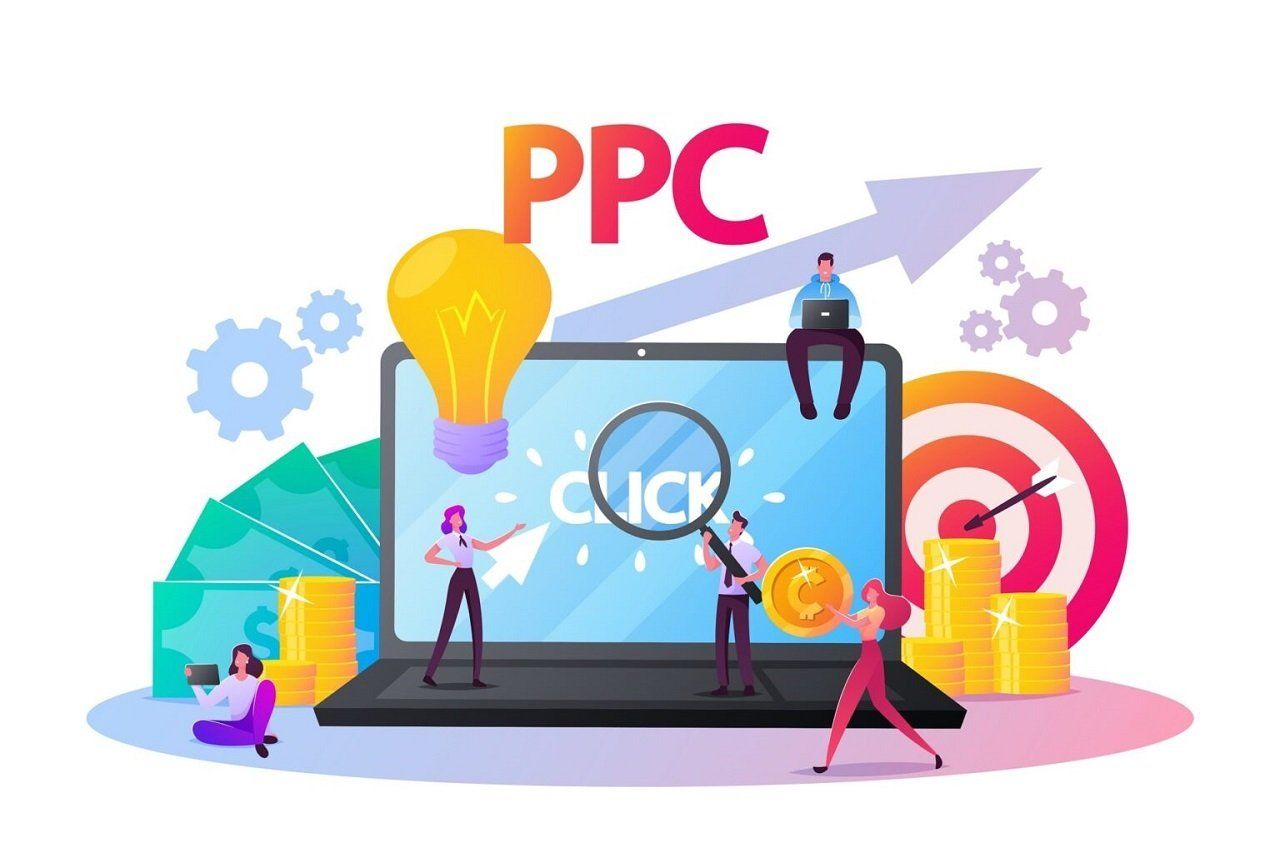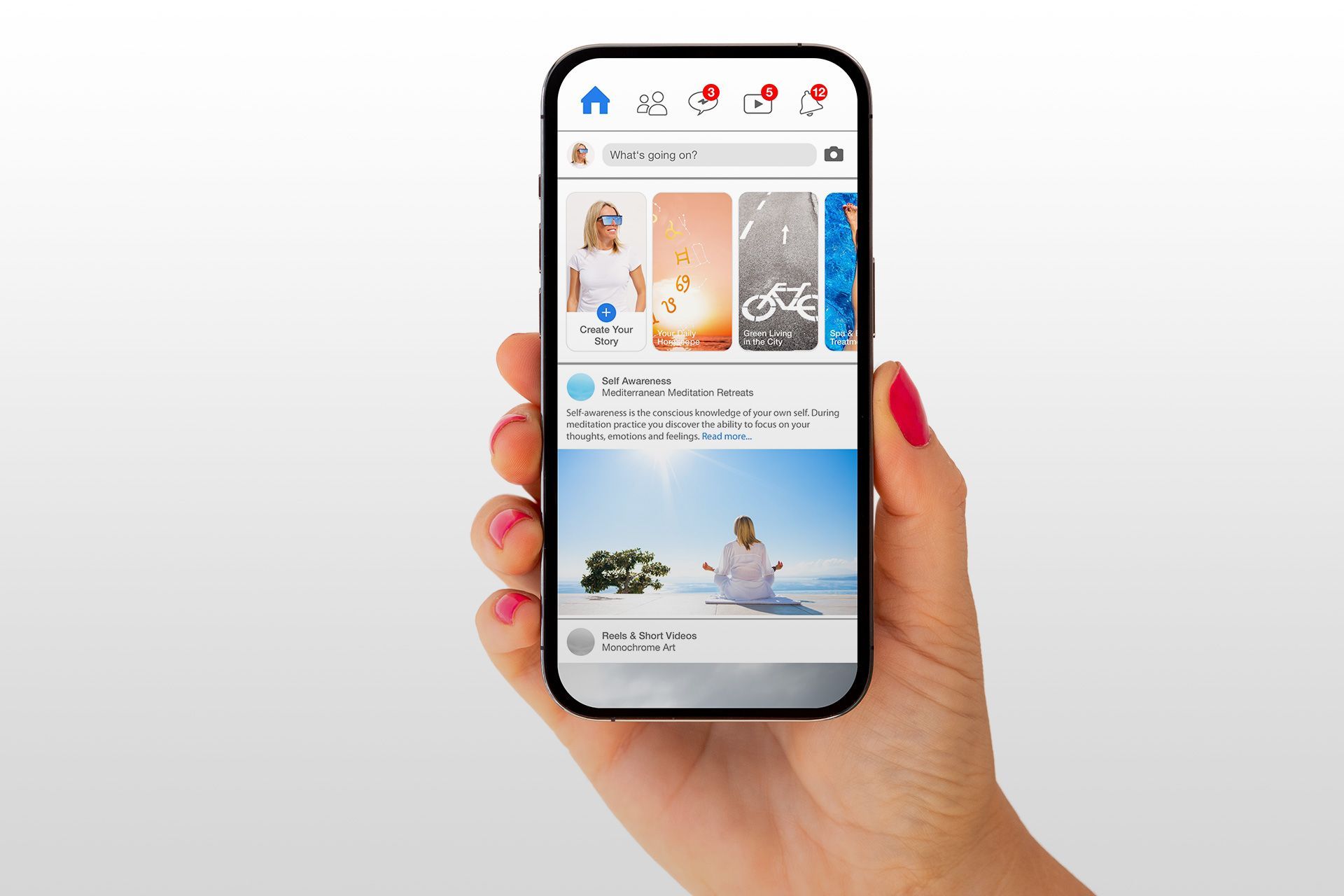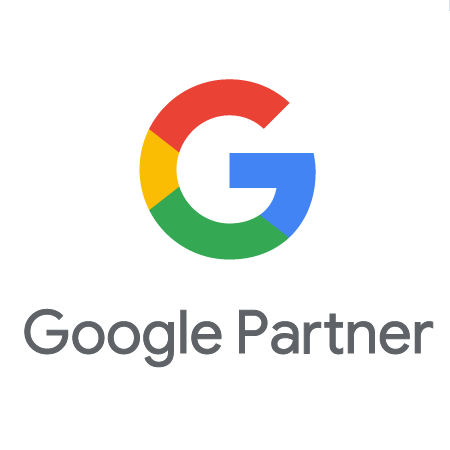How do I start PPC for a new website?

Why use PPC for a new website?
Following are the two crucial and primary reasons to use PPC for a new website.
Stay Ahead Of Competition: Competition is a massive issue for many popular keywords, especially for terms that have keyword difficulty(KD) over 50. With years of industry experience, old websites, and substantial marketing budgets, long-established brands will usually dominate the first page of search results. But with the help of Search Engine Marketing(SEM), new businesses can pop themselves above the organic rankings of your giant competitors.
Traffic: Traffic is a critical factor in how Search Engines rank your site. Metrics like time on page, the number of pages viewed, and interactions on the page are all significant signs to Search Engines that your site is valuable and authentic to the search result it was found in. If you don’t have any traffic, Google will not have the data to gauge your brand new website and its pages. It will, however, use other search engine optimization factors such as keywords, length of the content, and backlinks, to rank you, but it’ll be missing a few essential factors.
Pay Per Click advertising will help your website gain insightful traffic data. It will benefit search engines looking to rank your new site and also help you see which pages are the most popular and if users are finding your site easy to use. It will help you make optimizations and ensure you drive traffic, leads, and revenue.
PPC Launch Checklist For A New website
1. Have Your PPC Strategy Ready
Anyone with basic knowledge of digital advertising can set up a PPC campaign these days, but you need a well-thought-out strategy to run a successful PPC campaign. Consider your objectives, audience profile, platform mix, and how you will measure results. It will help you nail down those targeting constraints and help you set a sturdy foundation to build off of. Get in touch with our team if you need expert assistance from certified PPC specialists.
2. New Domain
If you’re migrating your website to a new domain name, You will have to update all of your destination URLs for your ads across all of your PPC campaigns.
1. It’s important to consider that you cannot have two final domains within one ad group, so you will need to copy your campaigns and ad groups and update ads within the ad group. Clearly label each new ad group and new ad so you can identify which should be enabled once the site is ready to start PPC advertising.
2. Relying on 301 redirects is not a good idea as your ads could still be disapproved, or a 404 error page could be missed.
3. These suggestions are also applicable if you are merging two sites into one. If you had a separate domain for mobile and a desktop, and now you have a responsive website that brought both of those domains together, you will still want to ensure all links work for your ads.
3. Conversion and Event Tracking
Sep up an account on the Google Analytics platform for your website if you haven’t already. Ensure that you’re capturing all of the appropriate information from your users. You can easily collect all the basic information in Google Analytics, such as Bounce Rate, Average Time on Page, and Session Duration.
Take a look at your landing pages and consider what would be high-value actions for your users. These could include form fill-ups, button clicks, video views, or thank-you page visits. You can set up events and conversions for those particular actions taken by a user in Google Analytics or Tag Manager.
Double-check that all conversion and event tracking codes have been successfully set up for the new site. Ensure to double-check using third-party tools or verify through a third-party tagging managing applications. Also, clearly write headings on tag manager for all the conversions to make future editings or updates easier.
4. Keyword Research
Keyword research is the fundamental and critical part of any PPC campaign. The success of your campaign depends primarily on your keyword research skills. Suppose your new website comes with new content and brand messaging, then focus on expanding the keywords you are bidding on and check if any new keywords need to be added to the campaign. Don’t just presume you have all content areas covered. You have more possibilities to succeed if you can expand your account.
5. Ad Copies
If you are launching a new website, chances are your brand’s message has also been updated. Your ads’ messaging and ad copy should be updated to reflect new products or brand messaging.
6. Ad Extensions
Along with destination URLs being updated for ads, site links and all other applicable extensions should be updated. Double-check to make sure they are not going to 404 error pages to avoid any loss in performance.
7. Have A Reporting Template In Place
It’s essential to set up an upfront reporting template to understand the key performance indicators you’d track. Review your campaign strategy, evaluate what metrics are crucial to your campaign objectives, and put them in your reporting. A report template made upfront will make it more comfortable to do campaign optimizations and track how they play out over time.
Conclusion
No matter how convinced you feel after you have completed these items. Double-check all the pages, the forms, tracking codes to make sure wherever you are driving traffic is working seamlessly. Do this as soon as you launch your new website and before/after the campaigns have been reactivated.
While the focus may be on SEO when a new website launches, PPC is still a critical piece of the puzzle for a successful launch and gaining traction instantly. Take your time and employ the tools within each platform you are running to help make updates and transitions as smooth as possible.
Get in touch with our expert PPC and digital marketing team if you need assistance planning a bullet-proof PPC advertising strategy for your new website.New Paragraph
Disclaimer: The information on this website and blog is for general informational purposes only and is not professional advice. We make no guarantees of accuracy or completeness. We disclaim all liability for errors, omissions, or reliance on this content. Always consult a qualified professional for specific guidance.








